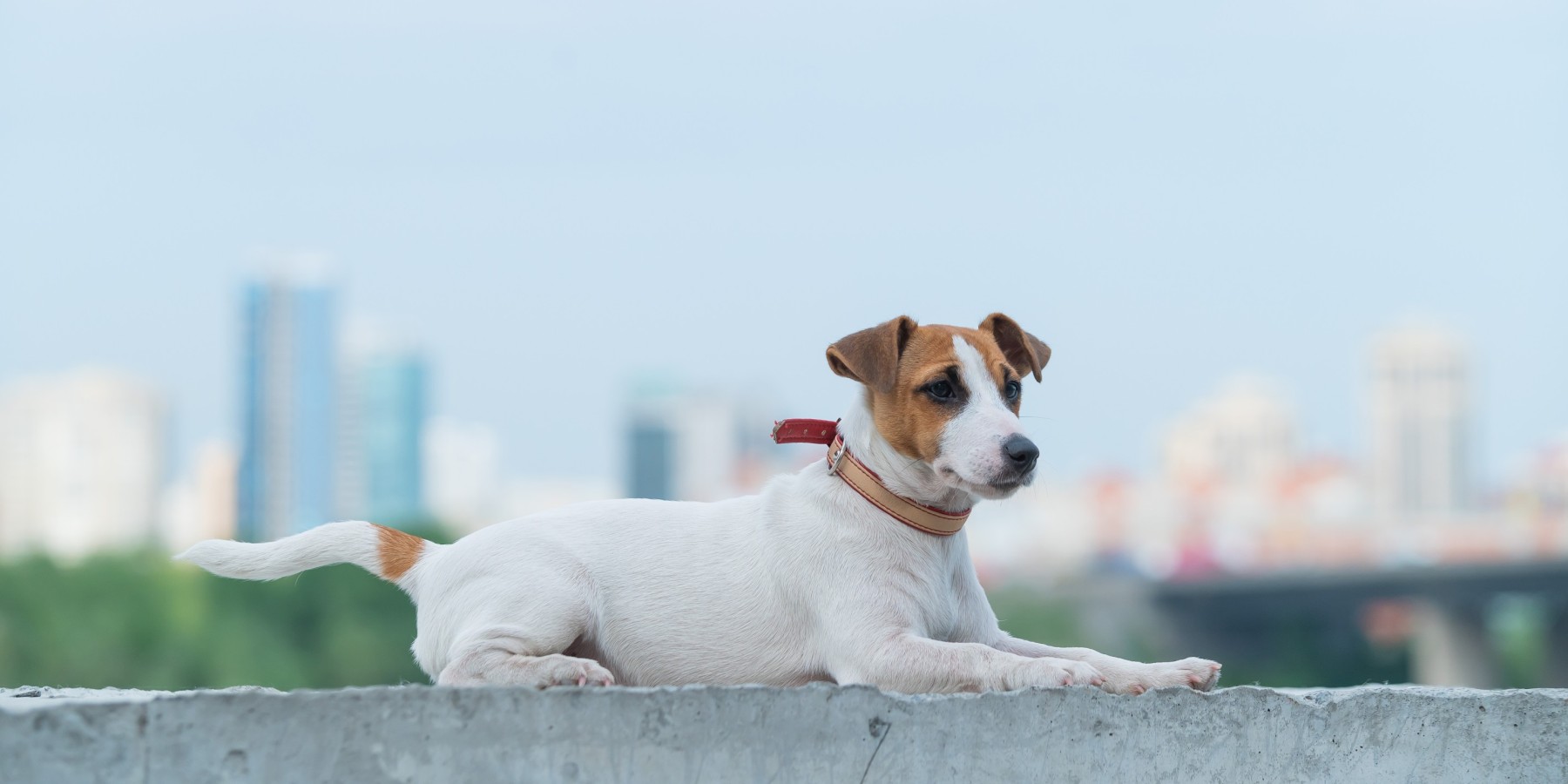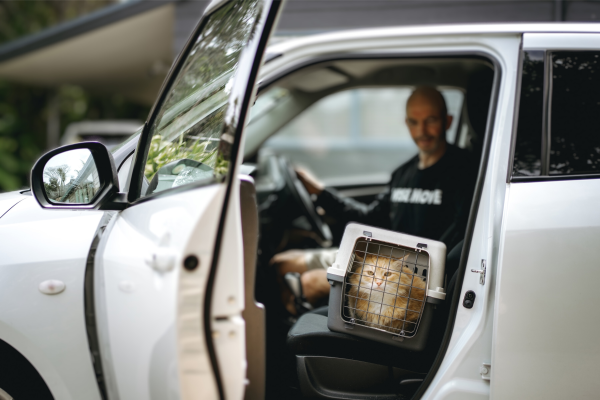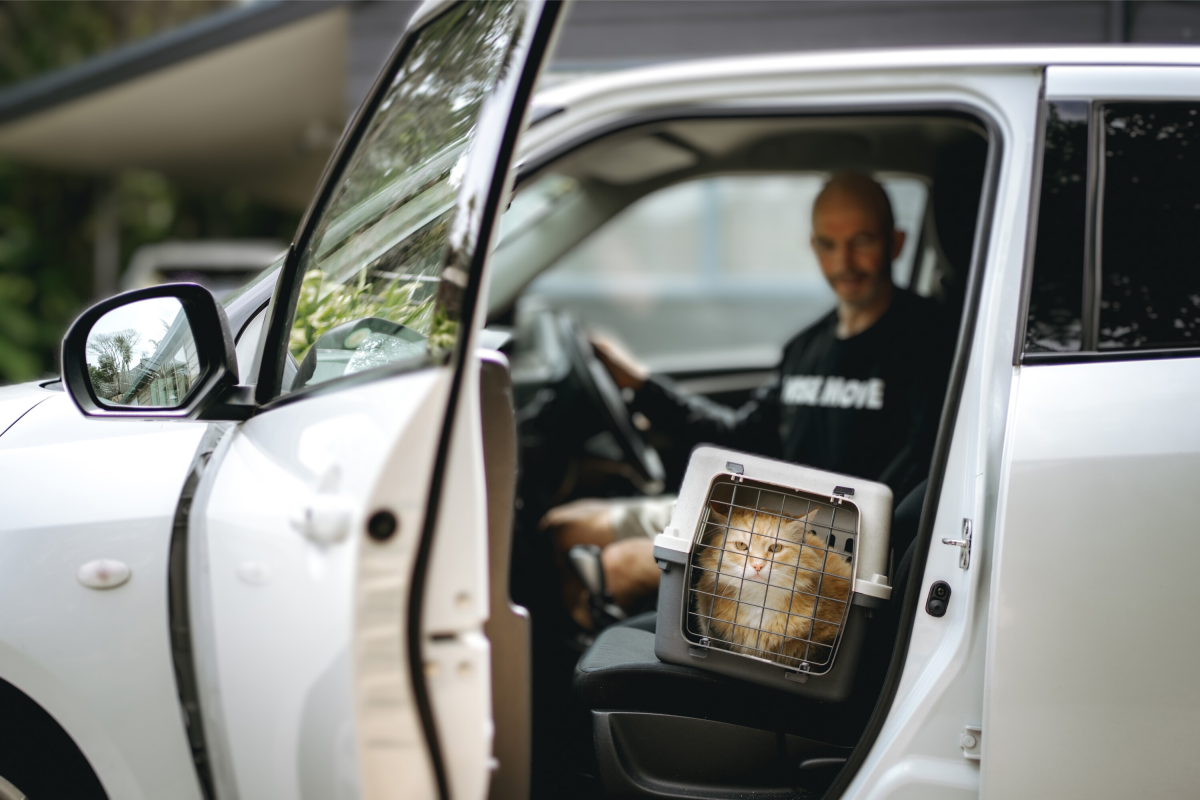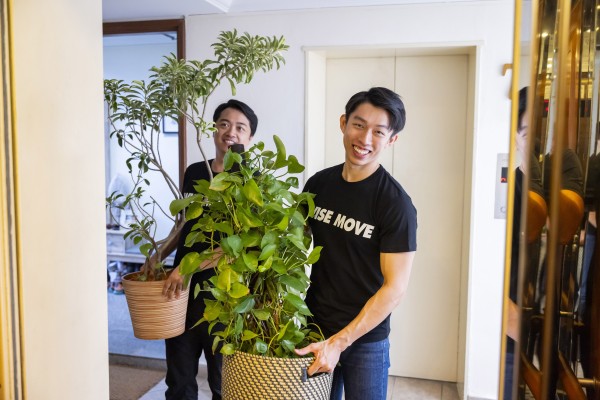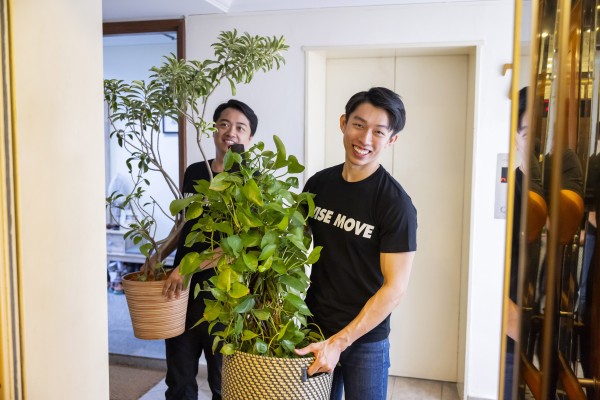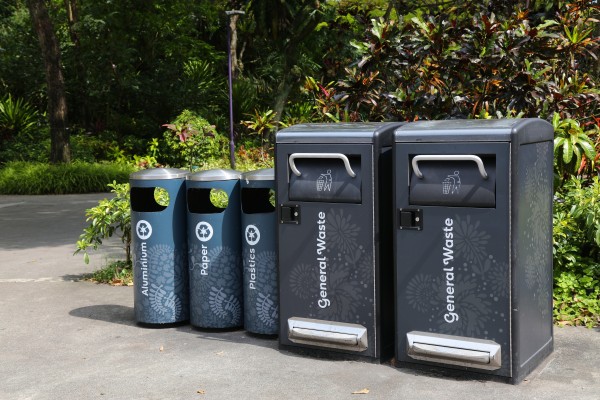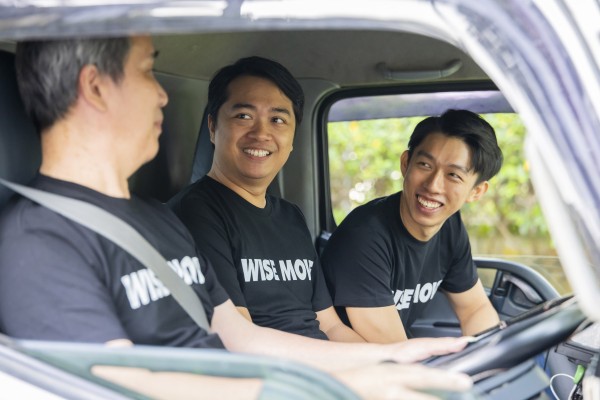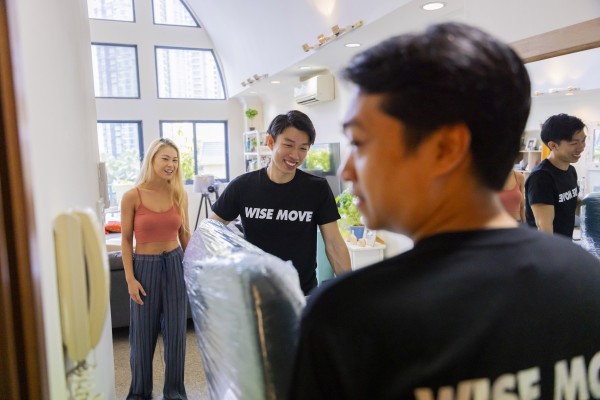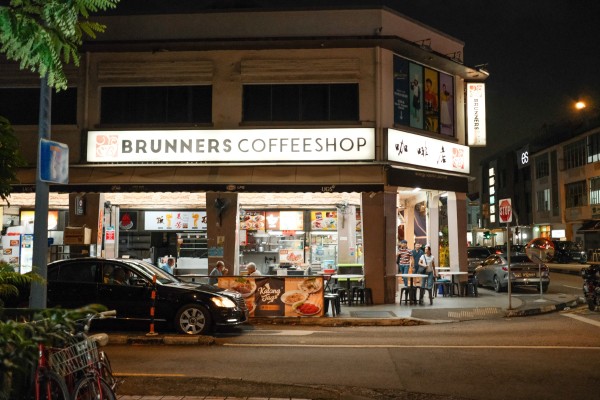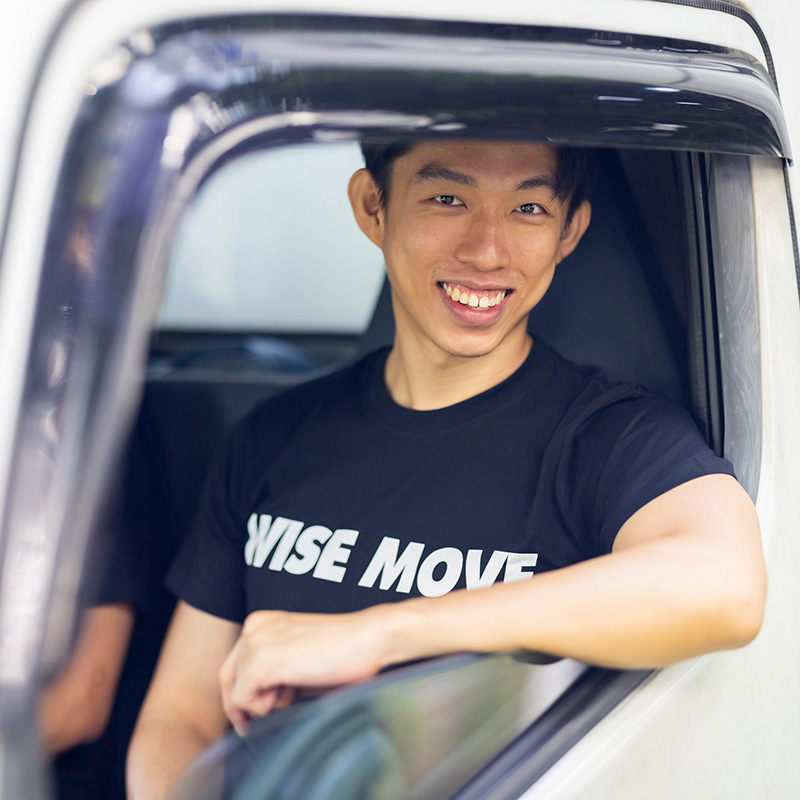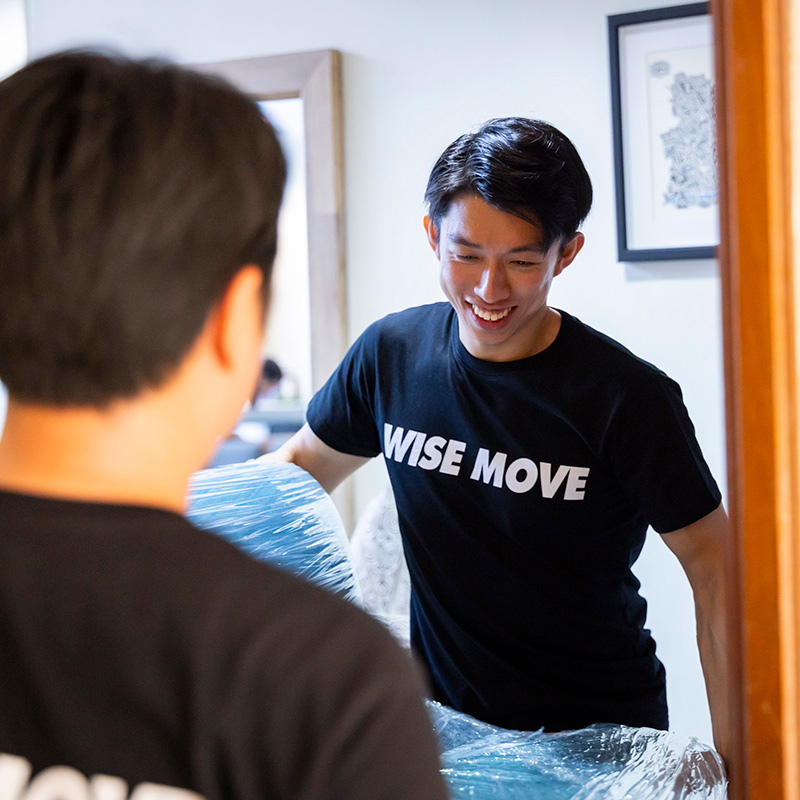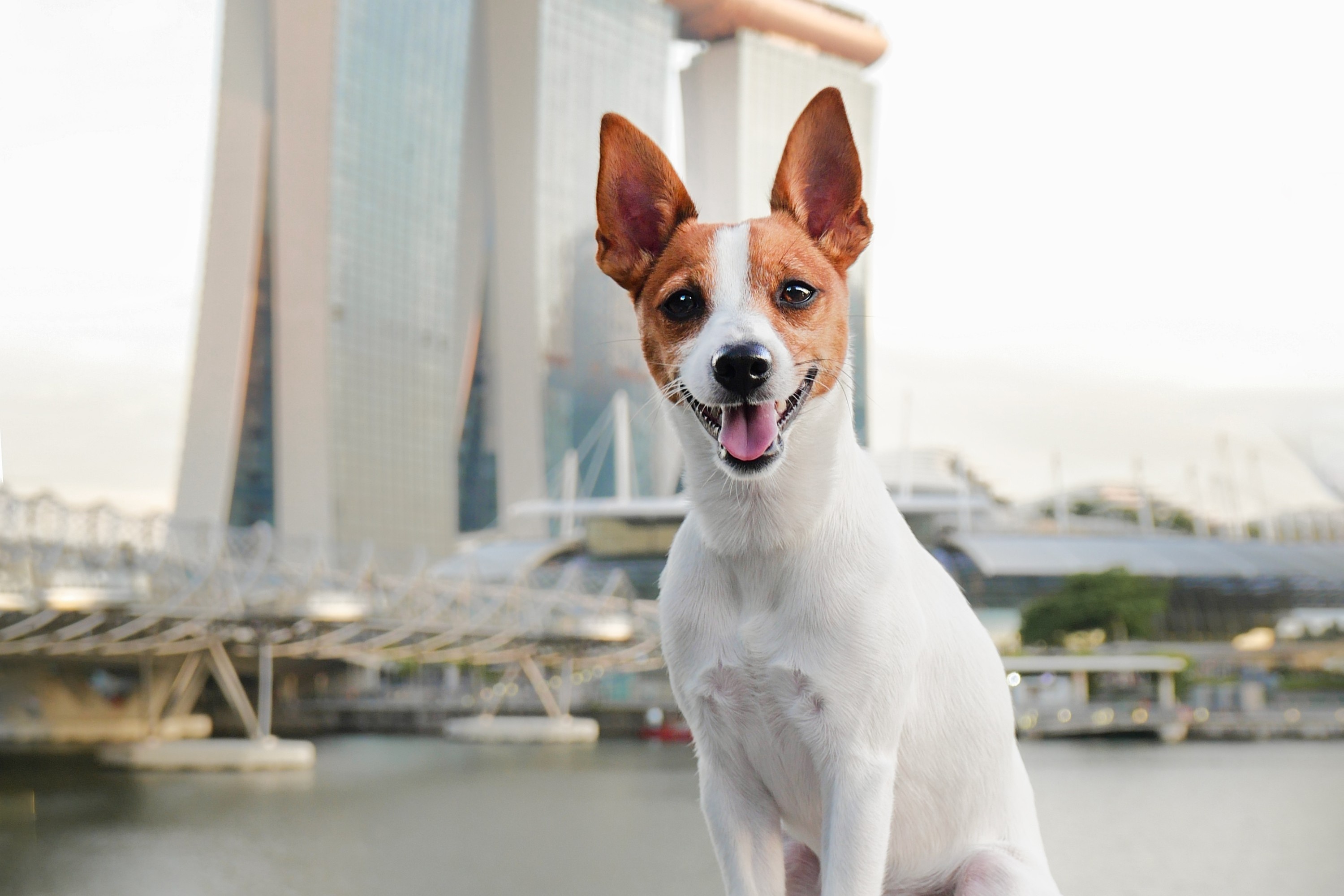
If you want to add a pawsome pet to complete your family after moving to Singapore, you could consider adopting a cat or a dog from a local shelter. It’s a huge win for everyone. Are you ready for the responsibility? Here’s how you can adopt a pet in Singapore.
Just completed your move to Singapore and settled nicely in? Adding a furry, pawsome member to your family is a great way to grow your family while you’re here in Singapore. And while you’re at it, why not look to adopt instead of purchasing ?
Adopting a pet is a fantastic idea for so many reasons. You gain the unique and inimitable loyal companionship that only a furry friend can provide, while also giving it a much-needed forever home.
A big win-win, in our books.
Adopting a pet is a decision not to be taken lightly, but if you’re here reading this, it’s a great sign that you’re on the right track.
We take you through the entire process of adopting a cat or a dog in Singapore, from knowing all about the regulations, the expenses you’re likely to incur, and where you can adopt from in Singapore.
Furr-tunately for you, adopting a pet is pretty straightforward here in Singapore, so let’s get started.
Steps to adopt a cat or dog in Singapore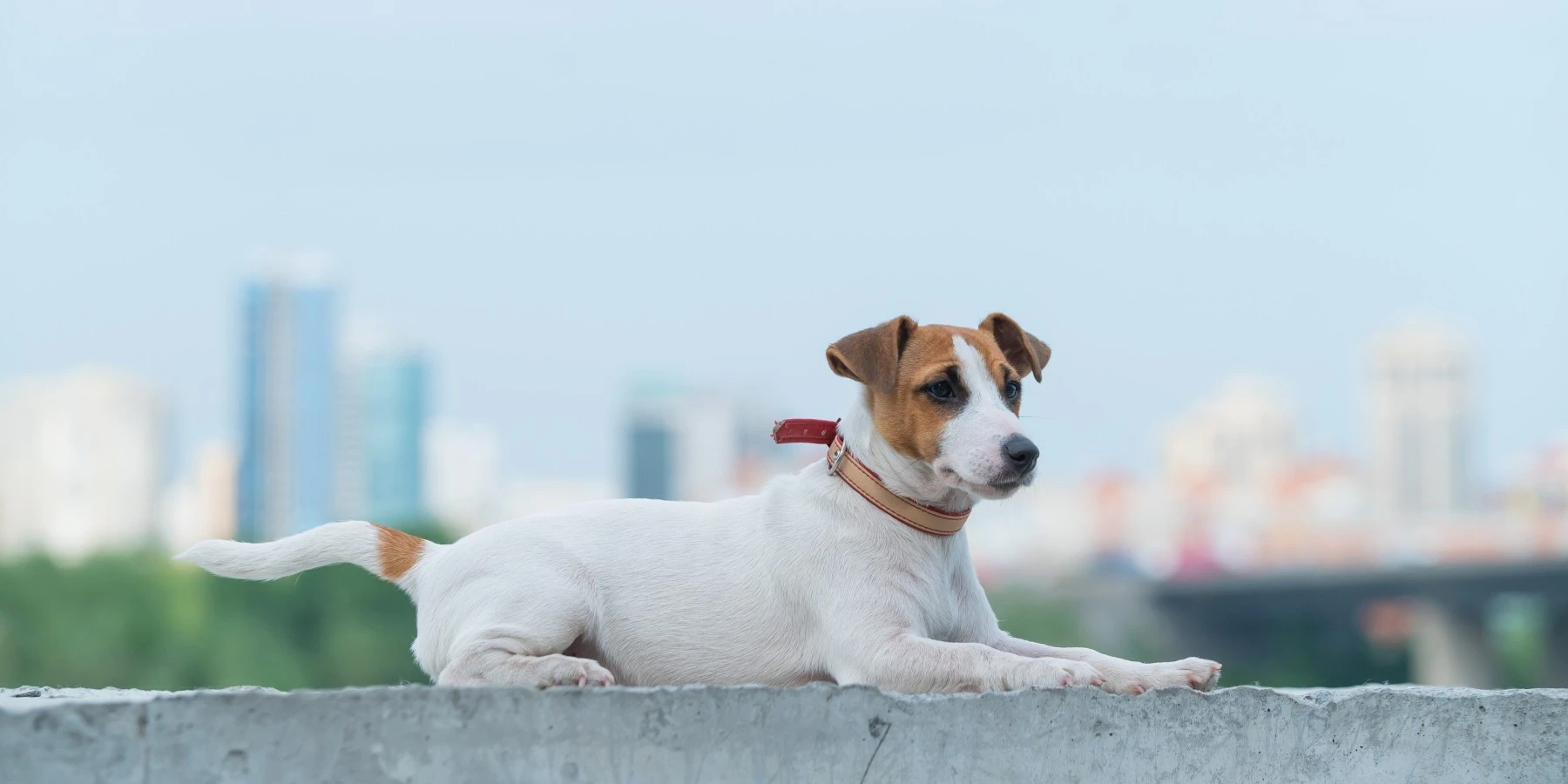
1. Visit adoption centres
Before even doing further research, the first thing you should do is to visit adoption centres to have a feel of whether you really want to adopt a cat or a dog. Every adoption centre has different residents, so you may want to visit a few to find your perfect furry best friend.
At the centres, you can meet the cats or dogs available for adoption, find out more about their histories, needs, and temperaments, to see if they’ll be a good fit for your family.
There are quite a few places where you can adopt a cat or a dog in Singapore. We’ve shortlisted five in this guide below, but here’s another longer list you can refer to.
Some of these centres require appointments to be made before visiting, so do check with the respective centres for their visitation and adoption processes.
2. Read up on rules, regulations and requirements
Once you’ve got a sense of the animals, you need to do your due diligence and read up–a lot. Being a pet owner is not a decision you should take lightly, because you’re literally welcoming a new member into your family in a sense. So, please, do your homework.
You’ll want to have a thorough understanding of the responsibilities that come with owning a cat or a dog; all the expenses you’ll need to bear, the day-to-day care, and specific breeds’ needs.
There are also some requirements involved in the adoption process, which may differ from shelter to shelter. The regulations in common include vaccination, microchipping, licensing, and a maximum of one pet in a HDB flat, and three in a private house. Sterilisation is not compulsory but strongly encouraged, to avoid unwanted puppies or kittens that you cannot care for.
Some other details that shelters look out for are whether your windows have grilles, your working hours and your family set-up.
Owning a pet is a huge responsibility, and the strict rules and regulations that underlie the adoption process of cats and dogs in Singapore are to protect both the human adopters and the furry adoptees.
3. Fill out application forms and be interviewed
Once you’ve decided on the pet you want to adopt, you’ll need to submit the paperwork to the centre, as well as arrange for home interviews and visits.
The staff at these centres usually love the animals like their own, so they understandably want to ensure that their precious charges find good, loving families that will care for them in the way they deserve.
Interviews and home visits are a necessary part of the process to ensure that there’s a good fit between you and your potential pet.
Whether you live in a government (or HDB) flat or a private housing unit, your pet must be licensed by the Animal and Veterinary Service (AVS) of Singapore, which can be done here. (Cats were only recently allowed as house pets and can be licensed from 1 September 2024 onwards.)
4. Pay the adoption fees
There are a few fees you’ll have to pay when adopting a cat or a dog in Singapore–some centres will bear the full cost of this, while others require you to pay it.
In Singapore, licensing fees for each dog (or cat, from 1 September 2024) range from $15 to $230, depending on the number of years of your licence as well as whether your pet is sterilised or not sterilised. (You can also apply for a lifetime licence for sterilised dogs!)
Other associated fees you may have to foot include sterilisation, vaccination, microchipping, and insurance.
5. Prepare your home for your new friend
Once the home visits and interviews are done and you’ve ascertained that you’re ready to open your heart and home to an adopted pet, you can get your home ready to welcome your new furry pal.
From sleeping quarters to making it pet-proof to making provisions for toileting to getting food sorted–there’s lots to prepare! Here’s a handy list of things you’ll need to get in anticipation of adding a pet to your family.
Our number one tip for pet-proofing your home? Do the same things as you would if you were to child-proof it!
Cats and dogs are curious creatures and are likely to get into mischief exploring your home, so you’ll want to make the environment safe for them to live in by keeping breakable objects, chemicals, medications, and non-pet-safe foods high up and closed away in cupboards; using drawer locks; keeping electrical and phone wires tucked away safely; and grilling your windows up.
6. Bring your new furry pal home
And that’s it–once you’ve got the paperwork settled and your home all prepped, you’re ready to welcome your latest furr-mily addition!
Do be gentle with them and give them plenty of time to explore your home and ease into their new environment slowly. You’ve got a lifetime of happy memories to build with your adopted pal.
Check out how you can bring your pet with you if you have to move to another country
If you’re not here for a long time, you will also need to check on the regulations and requirements to relocate your pet with you. Most countries will allow you to take your pet with you, but you’ll almost certainly need proof of vaccinations and a microchip. Some countries have restrictions on the breeds allowed.
Do find out about the country-specific requirements needed to relocate your pet, because you can’t leave a family member–even a furry one–behind, can you?
Housing Regulations
The very first thing you must check if you’re renting a home is whether or not your landlord allows you to keep a pet in your home. Unfortunately, this is contractual, so if your tenancy agreement explicitly states that pets are not allowed, there’s no way to work around it unless you manage to negotiate this with your landlord.
If you’ve bought your own home or if your tenancy agreement allows you to keep a pet, you’ll need to remember that there are slightly different regulations for HDB flats and private housing.
HDB Flats
You can only keep one small dog in a government HDB flat from an approved list of breeds found here. From 1 September 2024 onwards, you will also be allowed to keep up to two cats in a flat, in addition to a dog.
Alternatively, you may adopt a mid-sized dog or even a retired K-9 sniffer dog under Project ADORE (which stands for the ADOption and REhoming of dogs), an initiative led by the AVS to rehome local mixed-breed and retired K-9 dogs.
Private Housing
If you are living in a private house or condominium, you have a little bit more flexibility in your pet ownership and can keep up to three dogs (and/or cats) in your home.
However, you may only keep ONE of the specified breeds of dogs listed here. These dogs are known to display occasional aggression, so there are very specific rules that govern the ownership of such dogs, including mandatory muzzling, sterilisation, and insurance policies.
Where you can adopt a cat or dog in Singapore
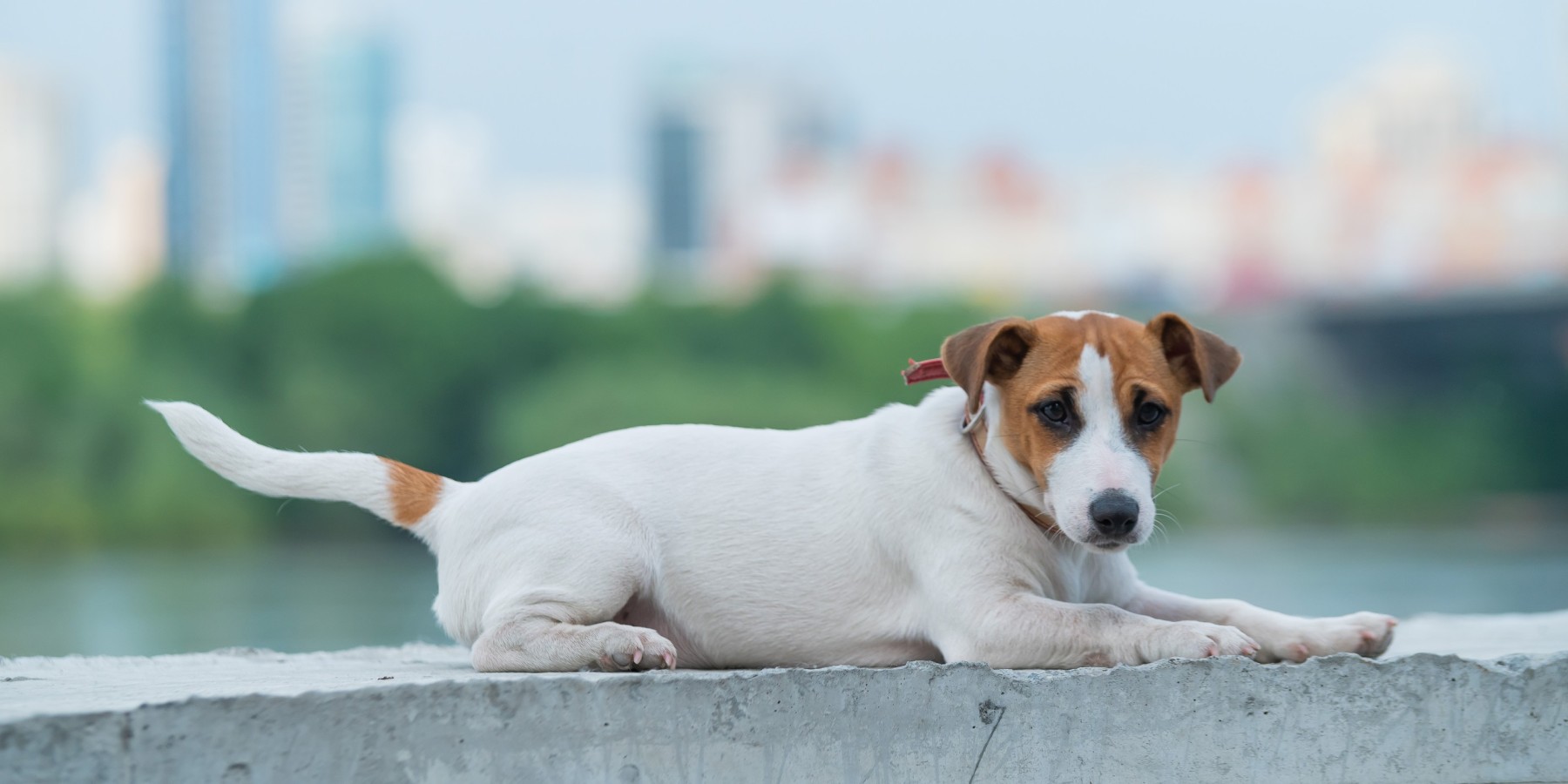 There are several animal welfare groups in Singapore you may adopt your pet from, all of which are non-profits and run largely by volunteers. Each centre has its own appointment and viewing systems, so you’ll need to get in touch with the respective centres to make your own arrangements.
There are several animal welfare groups in Singapore you may adopt your pet from, all of which are non-profits and run largely by volunteers. Each centre has its own appointment and viewing systems, so you’ll need to get in touch with the respective centres to make your own arrangements.
Here’s a comprehensive list of shelters you may consider adopting your future cat or dog from. Meanwhile, we’ve shortlisted five you can start with!
Society for the Prevention of Cruelty to Animals (SPCA)
Singapore’s oldest and most established animal welfare organisation rescues and rehabilitates more than 200 animals every month.
- Address: 50 Sungei Tengah Road, Singapore 6990
- Email: enquiries@spca.org.sg
- Phone: 6287 5355
Causes for Animals Singapore (CAS)
A strong advocate for animal welfare with its sterilisation and adoption programmes, to reduce the stray animal population in Singapore.
- Address: 59 Sungei Tengah Road, The Animal Lodge, Singapore 699014
- Email: adoption@causesforanimals.com
- Phone: 97937162 / 96973491
Animal Lovers League (ALL)
Known for its no-kill policy, ALL offers its 500 inhabitants a safe haven until they find forever homes of their own.
- Address: 59 Sungei Tengah Road, The Animal Lodge, Singapore 699014
- Phone: 96708052 (Mohan) or 97533320 (Catheryn)
Voices for Animals (VFA)
If you want to adopt a retired breeding dog, some of whom have medical conditions, do check the VFA out.
Check out their Facebook page for adoption details.
Mutts and Mittens
A pet boarding facility that uses its earnings to fund its adoption services for the cats and dogs it rescues.
- Address: 59 Sungei Tengah Road, Blk B, #01-03/04, The Animal Lodge, Singapore 699014
- Email: info@muttsnmittens.com
- Phone: 65837371/72 (Tel), 81217557 (WhatsApp only)
Adopting a pet is a huge responsibility and a life-long commitment. Do think this through thoroughly before taking the step to adopt–these pets have already been abandoned before and need a loving, forever home.
What do our customers say?






